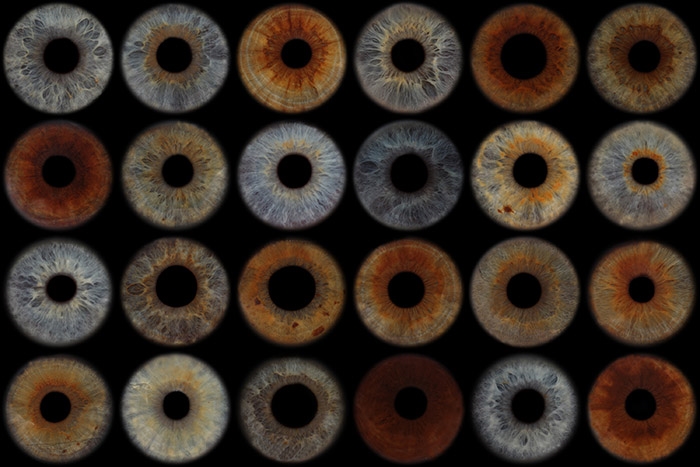
FAYETTEVILLE, Ark. – Beth Tauke will present a lecture at 4 p.m. Monday, Feb. 18, in Ken and Linda Sue Shollmier Hall, Room 250 of Vol Walker Hall, on the University of Arkansas campus, as part of the Fay Jones School of Architecture and Design lecture series.
Tauke is associate dean in the School of Architecture and Planning at the University at Buffalo, State University of New York and an associate professor in the Department of Architecture. She is also the project director in the Center for Inclusive Design and Environmental Access, an internationally regarded research center on universal design in the built environment. She has been at the University at Buffalo since 1985, and she has served as associate dean for academic affairs and chair of the university undergraduate curriculum committee.
In her lecture, "Possible Futures of Design and Diversity," Tauke questions how people will change in the next 20, 50 or 100 years, as well as how the design of environments will change in that same time. She'll discuss the ethical issues related to evolving the designed environment to adapt to the changing human body and changing populations, and how people can make thoughtful design decisions under these circumstances.
The designed environment and the human body are transforming more rapidly today than at any time in history, because of technological advances and cultural shifts. People are living longer. They are more diverse. They are more digitally connected to built environments, and, in turn, built environments are more responsive. The advancing genome editing technologies are revolutionizing the design of all living things by providing the ability to delete and add traits with more precision than ever before. At the same time, there are fundamental principles grounded in people's relationships to space, material, place and use that remain core to human existence, at least for now.
Tauke will explore ways that the transformation of individuals and groups affects architecture and related disciplines, and vice versa. She will examine the possible implications of these changes, especially in relation to underrepresented populations.
Her research focuses on design education and inclusive design, especially the empowerment of underrepresented groups through design. She has served as principal investigator of three National Endowment for the Arts leadership grants: Universal Design Identity Program; Bridging the Gap: Increasing Access to Universal Design to Meet the Needs of African American Communities; and The State of Universal Design Education in University-Level Design Curricula.
She is a founder and current editor of Universal Design Education Online, the primary website for universal design education. Her publications include more than 100 book chapters, articles in academic journals, and conference proceedings. She co-edited Universal Design: New York (2001) and Diversity and Design: Understanding the Hidden Consequences (2015), and she co-authored Inclusive Design: Implementation and Evaluation (2017).
She has been recognized with a National Institute for Architectural Education Award, the American Collegiate Schools of Architecture Robert R. Taylor Award, an American Institute of Architecture/Western New York Mentor Award, the Gary Day Outstanding Teaching Award, the Lilly Endowment Teaching Fellowship, the State University of New York Chancellor's Award for Excellence in Teaching, and the 2014 President Emeritus and Mrs. Meyerson Award for Distinguished Undergraduate Teaching and Mentoring.
Tauke's primary professional goal is to encourage universities to include courses in their general education or core programs that address the relationship between design and diversity issues, as she regards this as an essential element of 21st century education.
This is the Fay Jones School Honors Program lecture.
The school is pursuing continuing education credits for this lecture through the American Institute of Architects and the American Society of Landscape Architects.
The public is invited to attend. Admission is free, with limited seating.
For more information, contact 479-575-4704 or fayjones.uark.edu.
Topics
Contacts
Shawnya Lee Meyers, digital media specialist
Fay Jones School of Architecture and Design
479-575-4744,
Michelle Parks, director of communications
Fay Jones School of Architecture and Design
479-575-4704,